
Fourth Dimensional Leadership Seminar by Bob Proctor
This seminar synthesizes more than 100 years of study, application, and teaching to explain what true leadership is and how it can transform each area of your life.
The four dimensions that true leaders work with to lead themselves and others to more fulfilling lives are:
- Spirit –Understanding the fact that consciousness or spirit precedes matter, and knowing how to access and work with the spirit that is common to all.
- Mind—Understanding that this is where paradigms—a collection of habits that control our behavior—live, and how to shift a paradigm to create desired results.
- Time/Space—Understanding what time and space really are and how to use them properly to achieve success.
- Personal Mastery—Having self-mastery and an expanded awareness that enables us to excel.
- Over the course of two-and-a-half-days, Bob Proctor, Sandy Gallagher and Blaine Bartlett (three trailblazers with nearly a century of experience in this field) will zero in on each of the four dimensions to show you how to live in a perpetual state of “what if…?” you how to live in perpetual
Fourth Dimensional Leadership will help you create:
- The results and the life you want
- A team or organization that works well together
- A more productive and fulfilling life—personally, professionally and spiritually
- Satisfying relationships
- Coordinated movement that leads to unexpected and even unreasonable results
- A motivated, focused and enthusiastic staff
- And moreThis event is perfect for anyone who wants to become a good leader at home and at work, to live in a state of awakened possibilities, or to turn their ideals and dreams into reality.
More information about Self Help:
Self-help or self-improvement is a self-guided improvement—economically, intellectually, or emotionally—often with a substantial psychological basis.
Many different self-help group programs exist, each with its own focus, techniques, associated beliefs, proponents and in some cases, leaders.
Concepts and terms originating in self-help culture and Twelve-Step culture, such as recovery, dysfunctional families, and codependency have become firmly integrated in mainstream language.
Self-help often utilizes publicly available information or support groups, on the Internet as well as in person, where people in similar situations join together.
From early examples in self-driven legal practice and home-spun advice, the connotations of the word have spread and often apply particularly to education, business,
psychology and psychotherapy, commonly distributed through the popular genre of self-help books.
According to the APA Dictionary of Psychology, potential benefits of self-help groups that professionals may not be able to provide include friendship,
emotional support, experiential knowledge, identity, meaningful roles, and a sense of belonging.


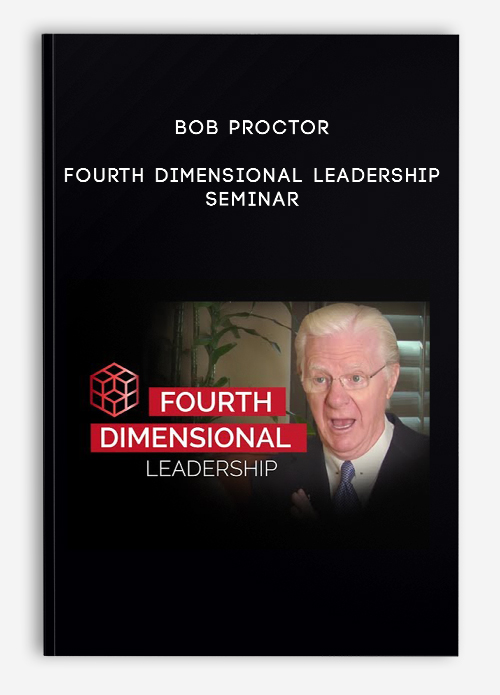



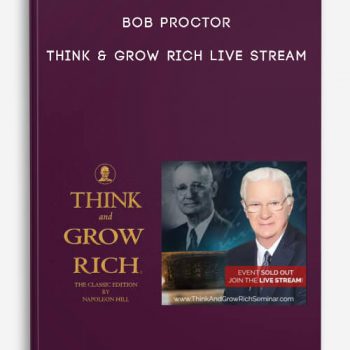

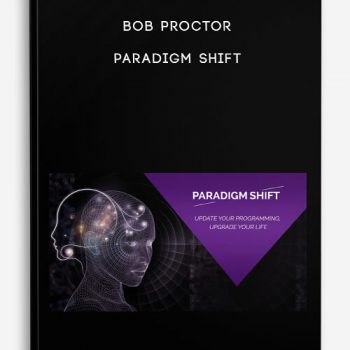
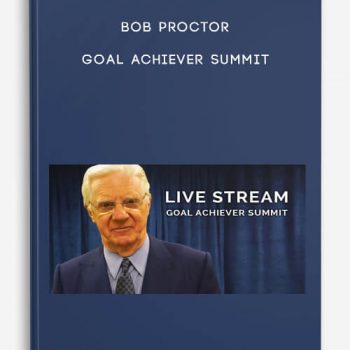


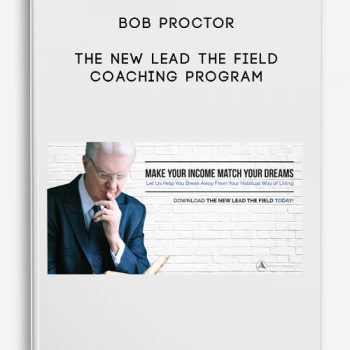
tristian –
This is Digital Download service, the course is available at Coursecui.com and Email download delivery.